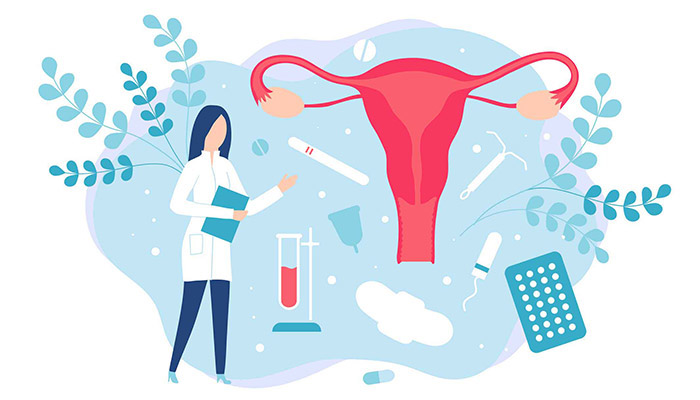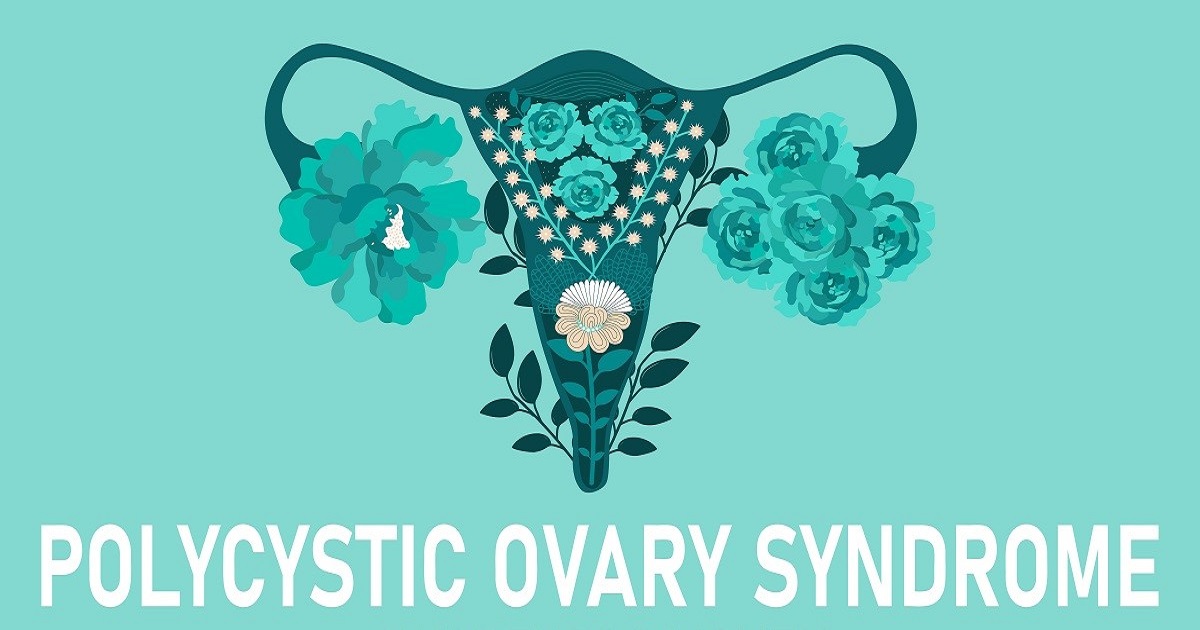Several risk factors have been associated with an increased likelihood of developing ovarian tumors, including both benign and malignant tumors. It’s important to note that having one or more risk factors does not guarantee the development of ovarian tumors, and many individuals with these risk factors never develop ovarian tumors. Conversely, some people without these risk factors may develop ovarian tumors. The risk factors for ovarian tumors include:
1. Age: The risk of ovarian tumors, especially ovarian cancer, increases with age, with the highest risk in women over 50.
2. Family History: A family history of ovarian cancer or certain other cancers, such as breast, colon, and uterine cancer, can increase the risk. In particular, women with one or more first-degree relatives (mother, sister, daughter) with ovarian cancer have a higher risk.
3. Inherited Gene Mutations: Mutations in certain genes, such as BRCA1 and BRCA2, are associated with an increased risk of ovarian cancer. Women with these gene mutations have a significantly higher risk.
4. Personal History of Cancer: A history of breast, colon, or uterine cancer may increase the risk of ovarian tumors.
5. Endometriosis: Women with endometriosis, a condition where tissue similar to the lining of the uterus grows outside the uterus, may have a slightly elevated risk of certain types of ovarian tumors.
6. Never Giving Birth: Women who have never been pregnant or never given birth may have a slightly higher risk of ovarian cancer.
7. Infertility: Some studies suggest that women who experience infertility may have a slightly increased risk of ovarian tumors.
8. Hormone Replacement Therapy (HRT): Long-term use of estrogen-only hormone replacement therapy (HRT) in postmenopausal women may be associated with a slightly increased risk of ovarian cancer. The risk is lower with combined estrogen and progesterone HRT.
9. Talcum Powder Use: Some studies have suggested a potential link between the use of talcum powder in the genital area and an increased risk of ovarian cancer, although the evidence is not conclusive.
10. Obesity: Obesity may be associated with a slightly increased risk of ovarian cancer.
11. Smoking: Smoking has been linked to a slightly increased risk of mucinous ovarian cancer.
It’s important to remember that many women with ovarian tumors have no identifiable risk factors, and not all individuals with these risk factors will develop ovarian tumors. While some risk factors are beyond one’s control, such as family history and genetic mutations, others, like lifestyle factors, can be modified to reduce risk. If you have concerns about your risk for ovarian tumors, it’s advisable to discuss them with a healthcare provider who can provide guidance and recommend appropriate screenings or preventive measures.
Seek expert care for your gynecological needs with Dr. Arohi Tasgaonkar a trusted gynecologist in Ghodbunder Road, Thane. Your well-being is our priority – schedule your appointment today.




